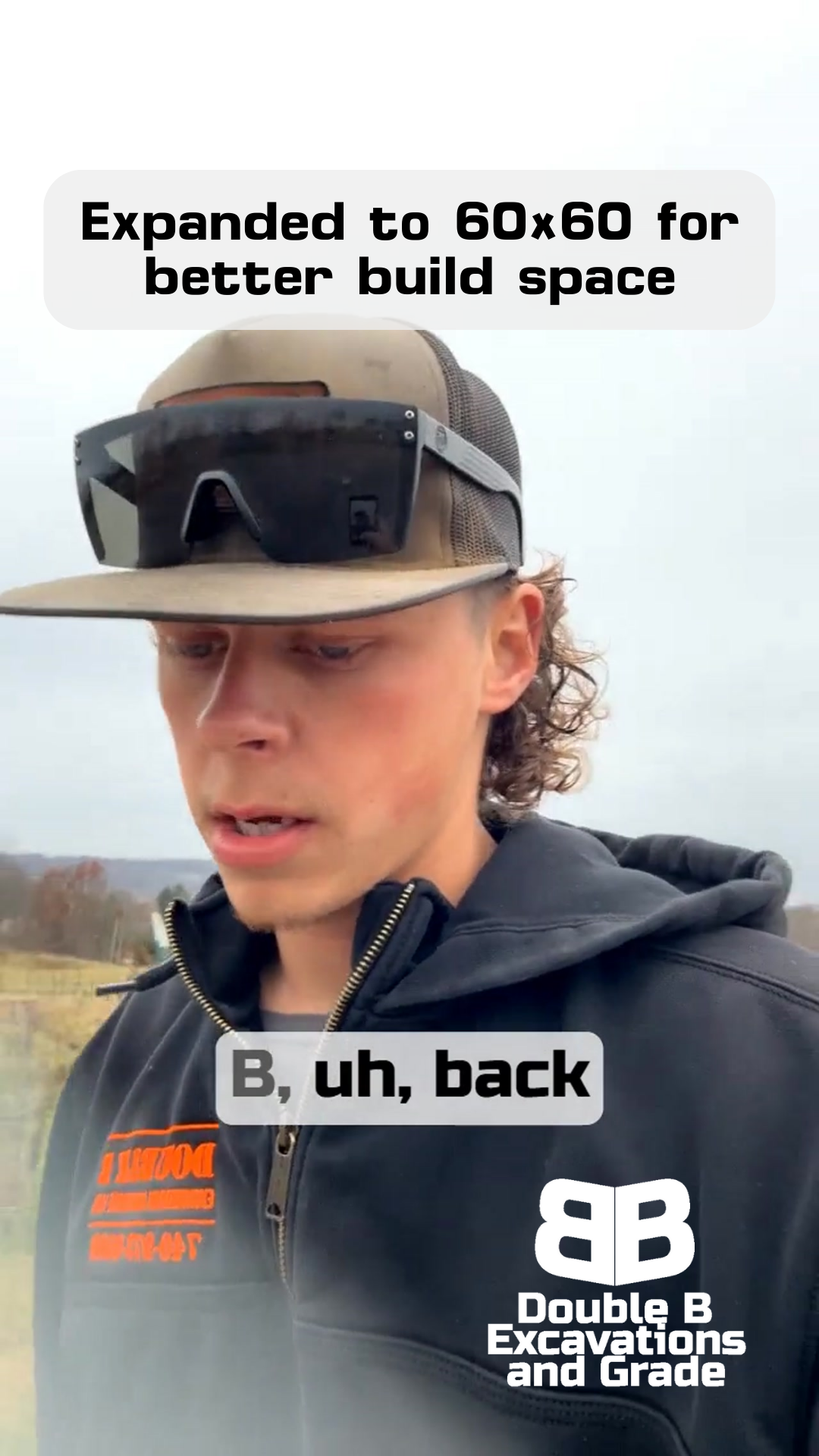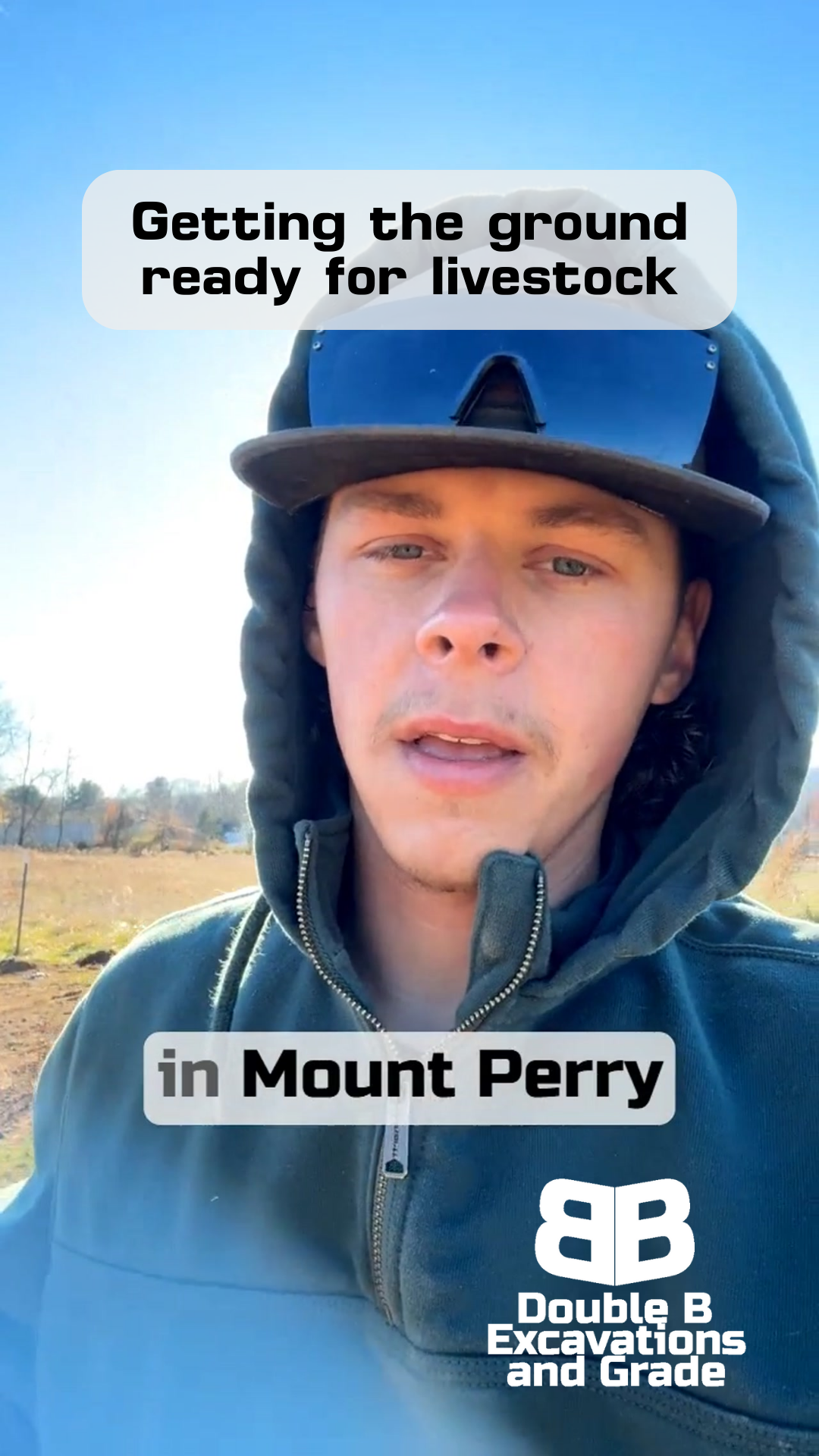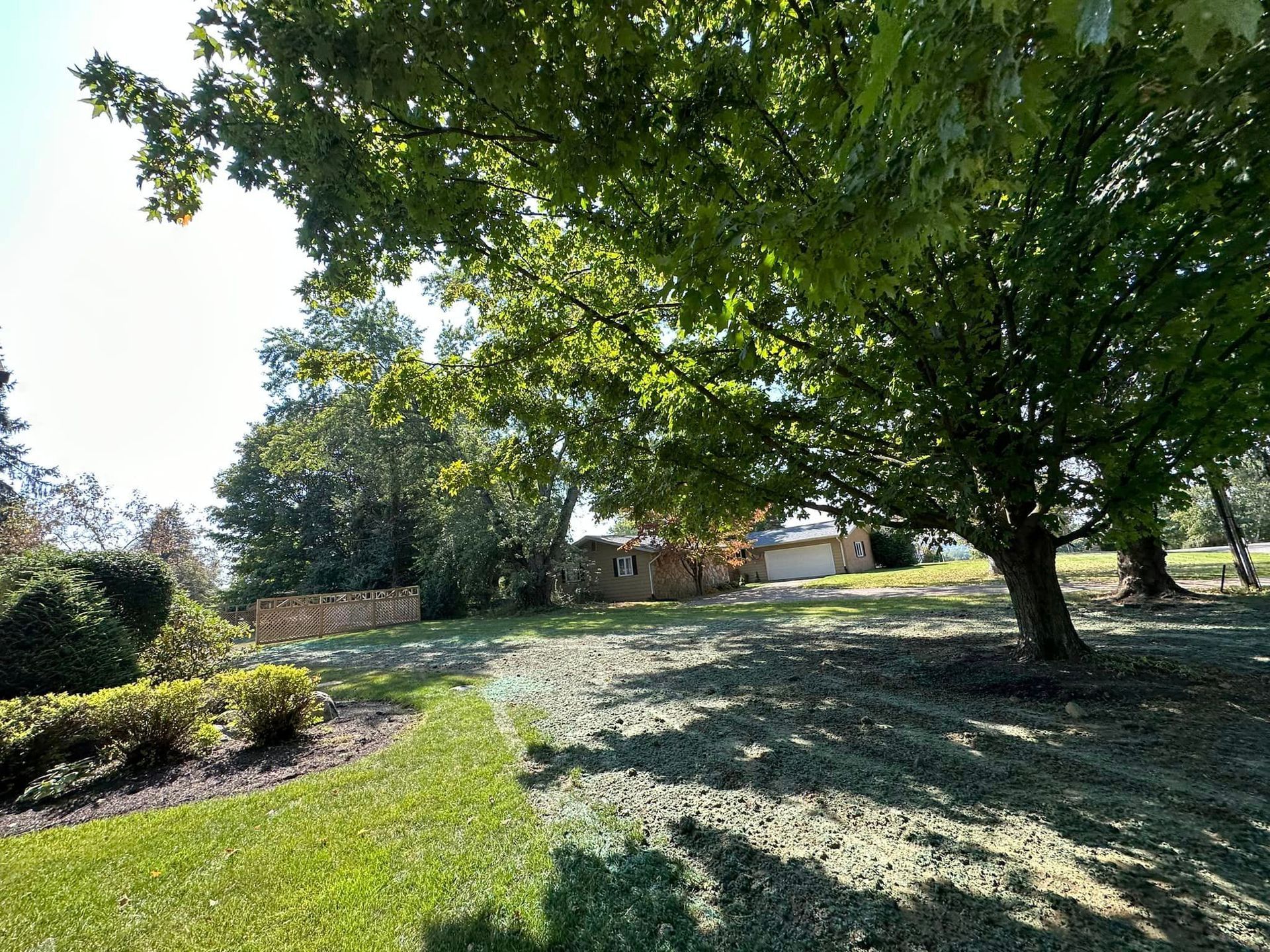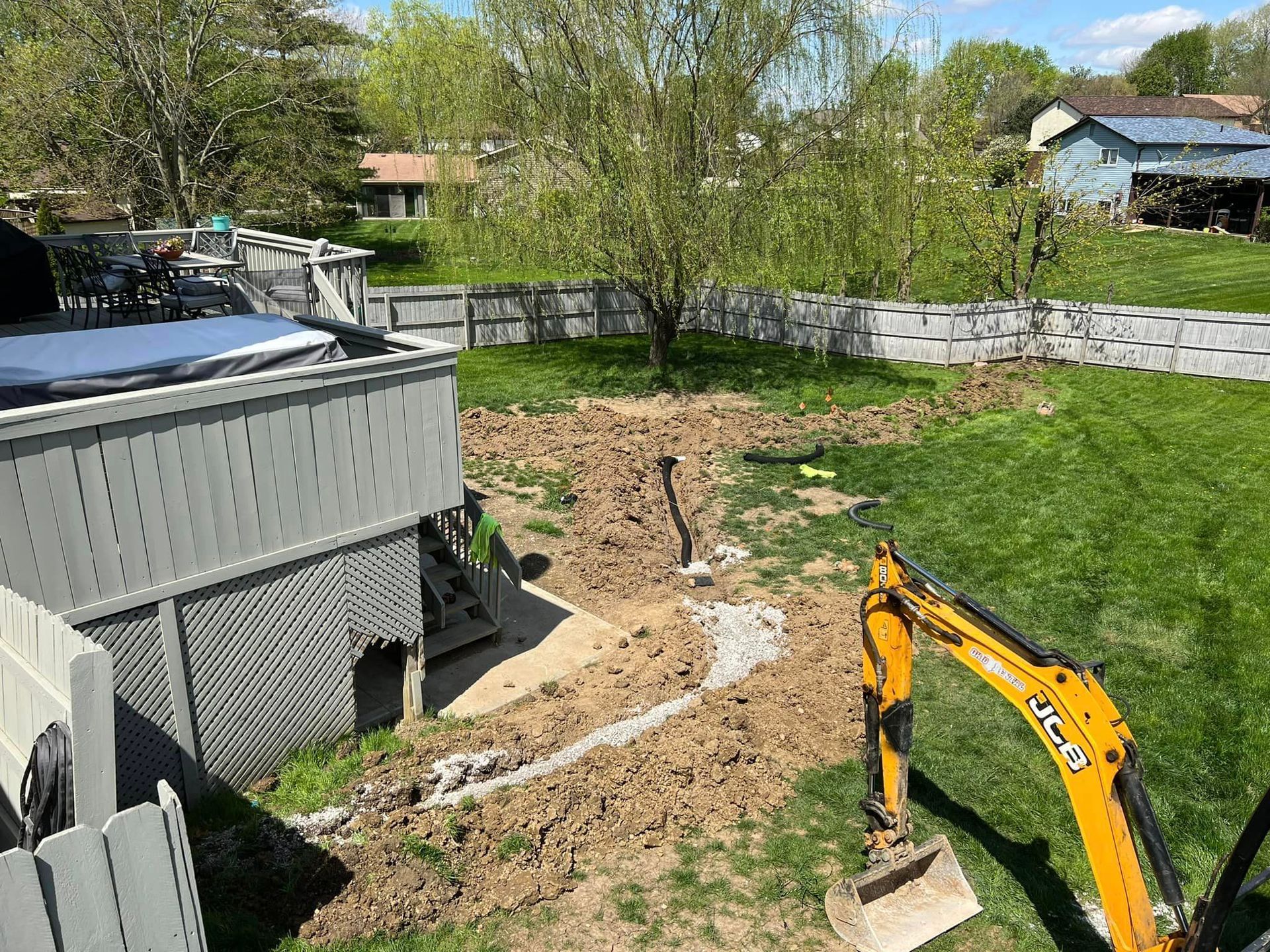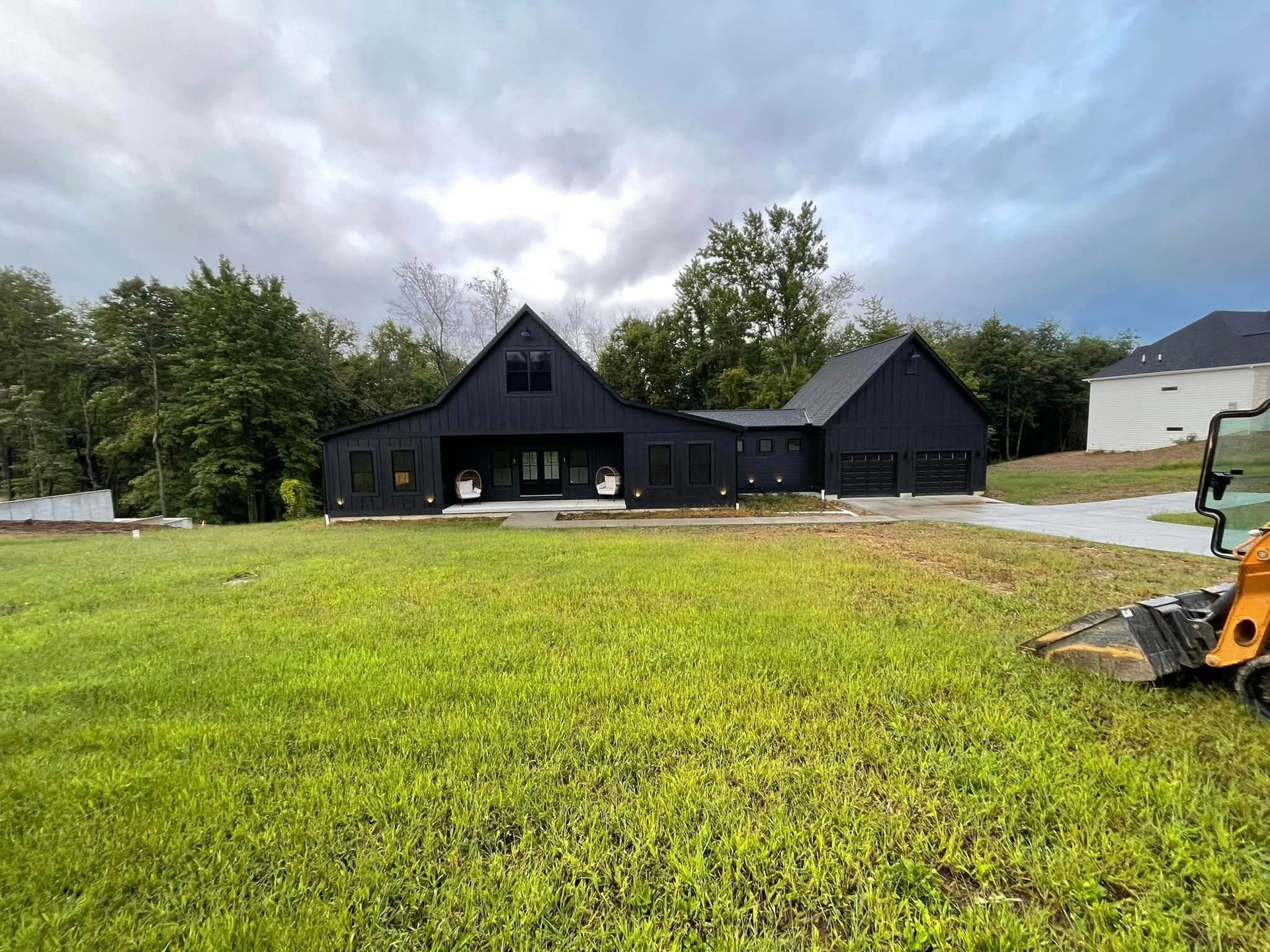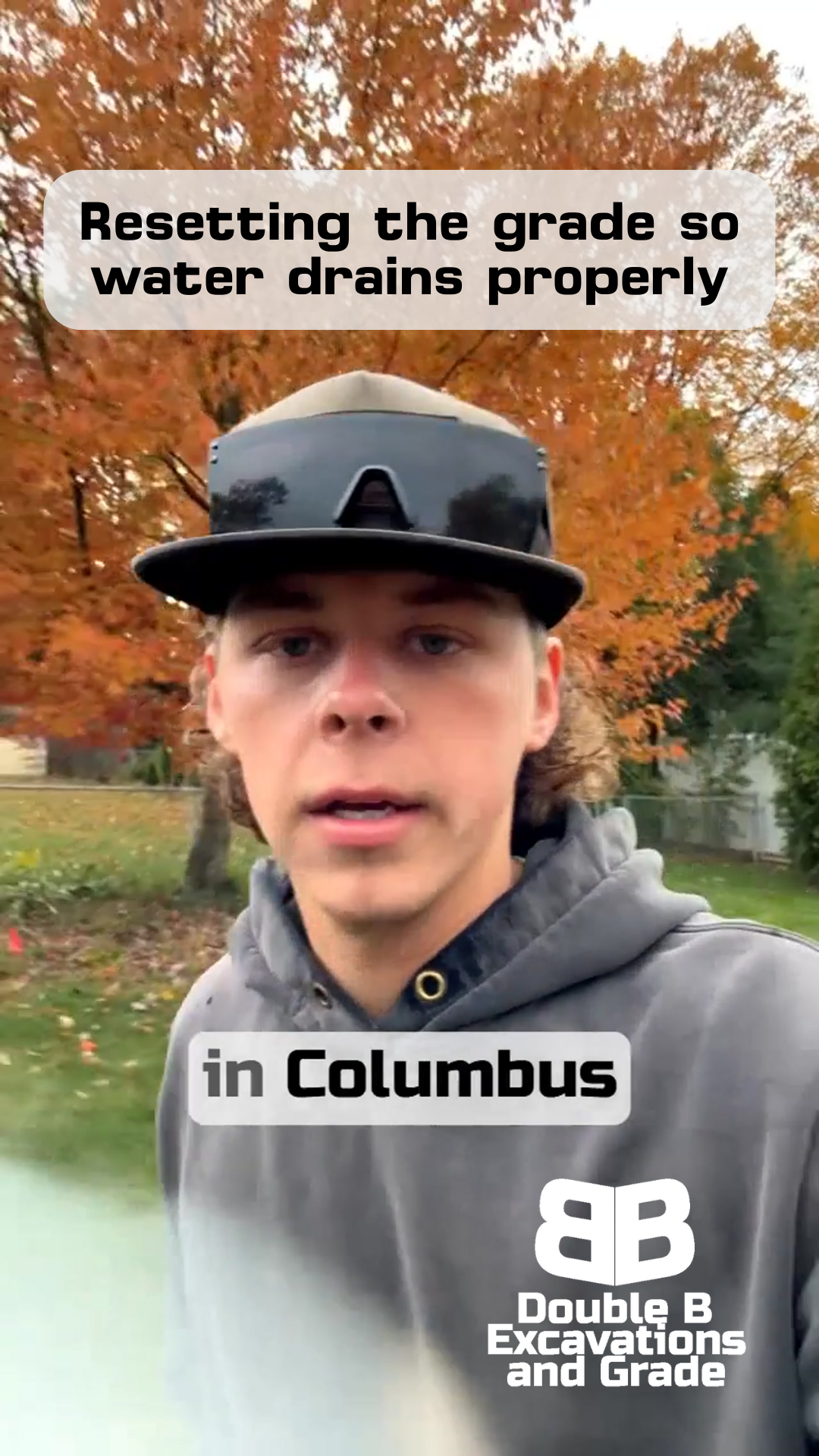Why We Don't Rush the Final Grade: A Contractor's Guide to Project Sequencing
Double B Excavations & Grade LLC
The Art of Timing
WHY RUSHING TO FINISH ISN'T ALWAYS THE RIGHT MOVE
There's a common misconception in construction that faster always means better.
But here's something we've learned from years of experience: sometimes the best way to finish a job isn't to rush to get it done - it's to plan your timing around the whole project.
Take our current project, for example.
We just laid down fresh stone for a driveway, and it looks good. But we know landscapers are coming in tomorrow and Wednesday with their equipment.
Some contractors might try to give it that perfect finish right now, but we know better.
That's not serving anyone's best interests, especially not the homeowner's.
Welcome to Double B!
Understanding Project Flow
Construction is like a well-choreographed dance. Every contractor has their part to play, and timing matters more than most people realize. When we know landscapers are coming in after us, we have to think ahead. Their equipment needs to move across that driveway we just put in. They might need to stage materials there. They're going to do what they need to do to complete their work - and that's exactly how it should be.
This is where experience really counts. We've seen too many projects where contractors don't think about who's coming next. They finish their part perfectly, only to have it torn up by the next crew that needs to work. Then everybody's frustrated - the homeowner sees their "finished" work getting damaged, the next contractor feels bad about messing things up, and eventually, someone has to pay to fix it all again.
That's why we take a different approach. We get the base work done right - making sure it's solid, stable, and ready for the next phase. But we hold off on those finishing touches until we know no other heavy equipment needs to cross that surface. It's not about doing less work - it's about doing the right work at the right time.
The Smart Approach to Final Grading
Here's what smart sequencing looks like in real life: When we put in a driveway, we make sure the foundation is solid. We lay the stone properly, we get the basic grade right, and we make it completely functional. But we don't spend hours getting those perfect edges and that showroom finish when we know more work is coming.
Think about it like painting a room. You wouldn't put the final coat on while somebody's still hanging light fixtures, right? Same principle here. We get everything structurally sound and working right, but save those finishing touches - the back dragging, final compaction, and edge detail - for when all the heavy equipment is done.
Why This Method Works Better
This approach saves everyone time, money, and frustration. For the homeowner, they're not paying us to do the same work twice. For the landscapers, they don't have to worry about "messing up" our finished work. And for us, we know we can stand behind our final product because we did it at the right time.
Let me share something we see too often: A contractor rushes to get everything perfect, the next crew comes in with their equipment, and suddenly that perfect finish is all torn up. Now everybody's pointing fingers, the homeowner's frustrated, and someone's got to pay to fix it. By planning our work around other contractors, we avoid all that drama. Plus, when we do come back for that final grade, we can address any issues that came up during the landscaping work. It's about getting it right, not just getting it done.
This isn't just about being nice to other contractors - though that matters too. It's about delivering the best possible result for our customers. When you've been in this business as long as we have, you learn that sometimes the best way to serve your customer is to think ahead and plan your work accordingly.
What Homeowners Should Know
If you're planning a project that involves multiple contractors, here's what you need to know: A good contractor isn't just thinking about their own work - they're thinking about how their work fits into your whole project. When we tell you we'll come back for final grading after the landscapers are done, that's not us leaving the job unfinished. It's us making sure you get the best possible end result.
Here's what to look for: Does your contractor ask about other work that's planned? Do they talk about project sequencing? These conversations matter. A contractor who rushes to finish without considering what comes next might look good in the moment, but could end up costing you more in the long run.
Closing
At Double B, we've learned that doing things right often means doing them in the right order. Sure, we could rush to get that perfect finish right away. But when we know more work is coming, we'd rather take the smart approach - get the foundation right, let other contractors do their work, then come back to give everything that final, lasting finish.
Looking Forward
Whether you're planning a new driveway, a landscape overhaul, or any other project that involves multiple contractors, think about the sequence of work. Ask your contractors about their approach to working with other trades. Because in the end, it's not just about how fast each part gets done - it's about how well everything comes together.
Need help planning your next project in central Ohio? We're always happy to talk through the process and help you understand how different pieces of work fit together.
Because when it comes to construction, doing it right means doing it in the right order.
